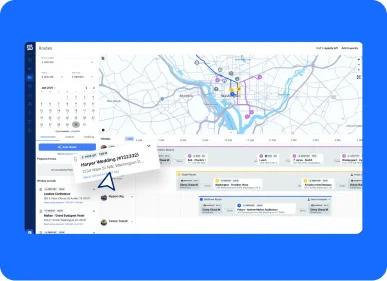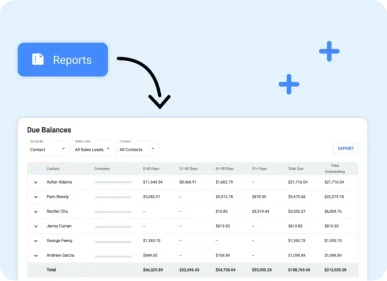Your business isn’t broken, but your diagnostic skills might be.
When your business hits a roadblock, the difference between ongoing frustration and swift recovery comes down to one thing: Your ability to diagnose with precision rather than panic.
If your winter season didn’t go according to plan, don’t hit the panic button. Before you scramble for solutions, ask yourself: Do you actually know what went wrong? Too many business owners apply band-aids without properly diagnosing the problem.
The secret to course correction isn’t working harder — it’s becoming a business forensic analyst. Here’s what that looks like:
First, you need clear metrics. Without benchmarks, you can’t identify when you’re off track or by how much. This isn’t just about knowing you missed sales targets — it’s understanding you’re 22% below forecast, which requires a proportional response.
Next, honesty is non-negotiable. At Goodshuffle, our sales team begins each month by listing potential risks and mitigation strategies. When plans derail, we return to this list and ask: Did we actually implement our preventative measures? Often, the problem isn’t the plan but the execution.
Example scenario
Your goal was to increase conversion rates by 10% in Q1, but you had a vacation, so you planned to work an extra Sunday to hit your goals. When you failed to hit your conversion rate goal, the first question to ask is ‘Did you follow through with that plan?’ If yes, look for external factors. If not, you’ve found your issue.
Avoid the blame game — it’s toxic and unproductive. Instead, approach setbacks like a detective: What evidence do we have? What patterns emerge? What variables changed?
Finally, rewrite your plan. Once you’ve diagnosed the issue, you can now focus on what’s within your control. Maybe you can’t control when your five biggest clients typically sign, but you can control early communication, preemptive objection handling, and flexible payment terms.
The most successful business owners recognize that plans rarely survive contact with reality. But they don’t take detours personally — they simply recalibrate their GPS. If you continuously investigate why you’re hitting roadblocks, your business will thrive.
See you next Tuesday,
Mallory Mullen
Goodshuffle









